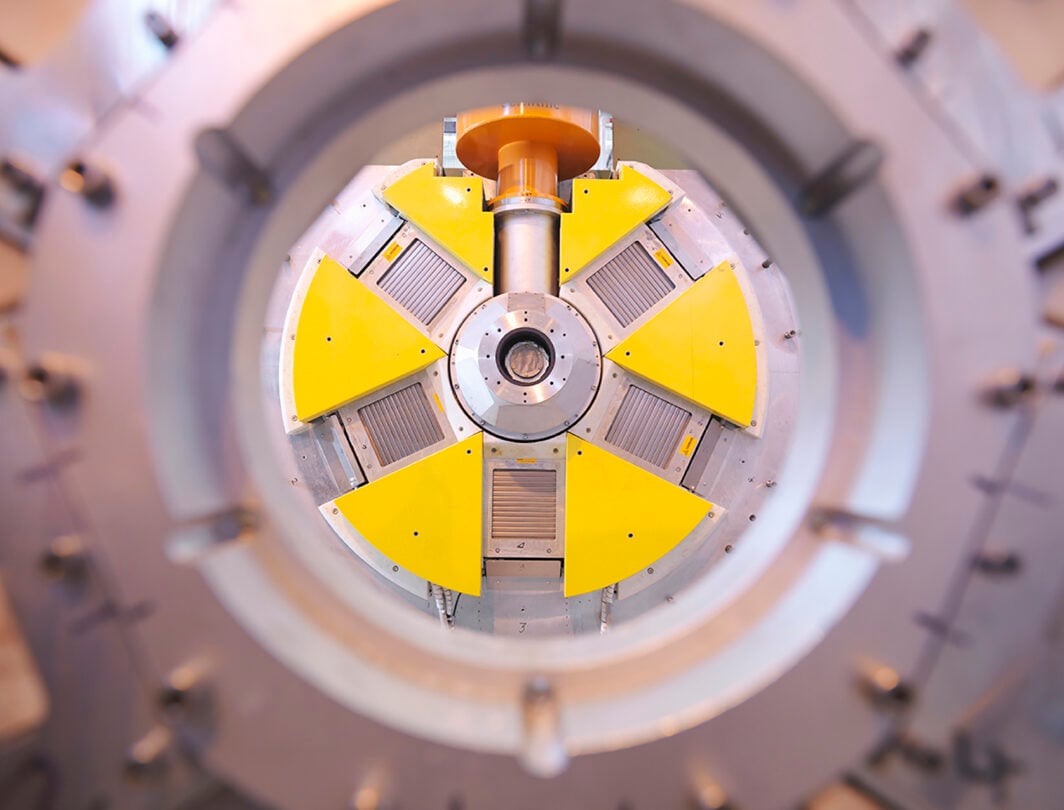How chemical manufacturers can solve key industry challenges with modern ERP solutions
In the past, chemical manufacturers have invested in outdated legacy systems, heavily customized applications, and “financial” ERPs — creating a technical debt that is a nightmare to untangle. This archaic ERP heritage, along with the ongoing use of spreadsheets, is what prevents companies from moving forward in their digital transformation journeys — and is one […]

In the past, chemical manufacturers have invested in outdated legacy systems, heavily customized applications, and “financial” ERPs — creating a technical debt that is a nightmare to untangle. This archaic ERP heritage, along with the ongoing use of spreadsheets, is what prevents companies from moving forward in their digital transformation journeys — and is one of the key issues they need to solve.
A new InfoBrief from the International Data Corporation (IDC), sponsored by Sage, reveals that legacy ERP lies at the heart of several key challenges facing chemicals manufacturers globally. The silver lining is that as the source of these problem has been identified, they can be easily remedied with strategic investment in an ERP solution that can help chemical manufacturers improve transparency, efficiency and quality in their operations.
The challenges facing chemical manufacturers
In a 2018/2019 IDC study of global chemical manufacturers only 12% admitted their ERP is used the way it was intended. Meanwhile, at least 40% of companies worldwide are stuck in an ‘ERP technical debt with heavily customized systems’.
The research further revealed that the top 3 ERP weaknesses for chemical manufacturers mentioned were as follows:
-The systems is transactional and does not offer real-time information. While ‘transactional systems’ are vital for record keeping and logging ERP (and sometimes CRM) data, they are usually not fit for business intelligence purposes. Often the systems were not set up to provide easily accessible analytics and reports. In cases were systems can be patched or modified to provide real-time data, there is a risk that this can be burdensome to existing day-to-day processes.
-It does not include industry-specific capabilities out of the box. This can be a result of a legacy issue. Perhaps since the time the business implemented their ERP of choice, industry trends have shifted making it somewhat obsolete and unable to fit the requirements of a modern chemical manufacturer. It’s also possible that the manufacturer was sold an ERP that was not chemical industry-specific and was adapted from an industry solution made for another sector.
-It is too complex to customize to fit its specific needs. It’s possible at the time the company invested in their ERP, they were unable to source a solution that could take care of their business’s specific needs such as supply optimization, product and process consistency, complete global compliance and anytime/anywhere access to data.
While these technical challenges can be solved with modern ERP solutions, an emerging realization is that the timing of investment is critical. If a business is in a position to only upgrade their systems every 10 years at the earliest, then it is vital that they select a product that not only fits their needs in the present, but is agile enough to adapt to future requirements of the chemical manufacturing industry.
InfoBrief: Digital transformation in the chemicals industry
How Intelligent ERP can help tackle process efficiency and accelerate innovation in the chemicals industry.

Solving key industry challenges with modern ERP solutions
As well as dealing with the technical challenges brought on by legacy ERP, chemical manufacturers must also seek out technology solutions that help them overcome wider industry challenges. In the new InfoBrief released by Sage and IDC, the following challenges were identified as being of the most concern to chemical manufacturers:
- Inability to respond fast enough to changing customer needs and requirements in productions and the wider supply chain.
- Waste, cross contamination and the costs associated with decay.
- Risk exposure related to the quality traceability and safety of material and ingredients.
- Lack of agility in being able to adapt to changing regulations and compliance requirements
If left unaddressed, all of these can lead to significant risks such as high-cost production, suboptimal performance, reputational damage, customer attrition and a drop in stock price.
After looking at this list, one might ask: ‘How can an ERP solution solve all of these problems?’ The answer is through integration and collaboration with existing technologies.
While the role of an ERP such as Sage X3 in the chemical industry is central to managing and recording formulations, executing quality control, streamlining production, and strengthening customer management, other manufacturing technologies can benefit from the data ERP handles, including management execution systems (MES).
This is amplified by the fact that there are supporting technologies that enable seamless collaboration and foster decision making such as advanced analytics, which can help manufacturers to model production processes to a new level of accuracy.
Signs that it is time for an ERP upgrade
Investment in a new ERP solution is significant and time consuming, but on the other hand ignoring inefficient legacy systems can lead to a drain on business resources in the long term.
When choosing whether or not to upgrade, chemical manufacturers should look at this list of high priority areas that are vital to success:
- 100% traceability
- Production planning and execution flexibility
- Supply chain planning and forecasting
- Optimized production planning
- Health safety and environment
- Data transparency
- Continuous product performance and asset control
If your chemical manufacturing business is struggling to hit any foundational pillars of success, it’s time to see how a modern ERP solution can work for you.
InfoBrief: Digital transformation in the chemicals industry
How Intelligent ERP can help tackle process efficiency and accelerate innovation in the chemicals industry.





